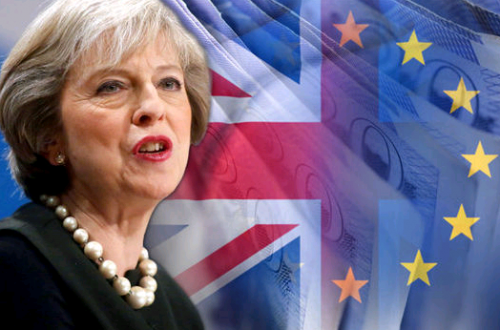Since 2011, Fish-heid McMoonface has resisting revealing the legal advice he says he received regarding an independent Scotland sallying forth into the EU. The central plank has been that the Ministerial Code of Conduct prohibits him or any other Government minister from doing so on such advice.
Setting aside that he considers this principle to be a moveable feast (not from his own pocket, of course), the Code of Conduct arguably calls for a lofty no comment policy. Which he arguably breached when he said advice had been sought.
Another Don’t Tell Him Pike moment a fortnight ago when the Deputy First Minister, Nicola Sturgeon informed Holyrood that the Scottish Government was to start to seek specific legal advice on the matter.
Unravelling the totality of what she said – and considering pleas that no fair-minded individuals would disbelief her or McMoonface’s integrity to be a failure to understand/care about the responsibilities brought by the aquistition of power – it is increasingly becoming apparent that at best only advice on general subjects was sought; at worst, and much more seriously for someone who made claims to the contrary on the floor of Holyrood, only opinions on legal matters were sought.
Either informally from law officers, or from trusted sources.
What once was seen as cheeky irreverence and populism now is being seen as disorganization from someone who would lead a nation.
Under its Pater familias, the SNP has thus far shown a firmly pro-Europe and anti-UK stance which presumed an independent Scotland would achieve successor State status – as, say, the Czech Republic and Slovakia did in the 1990s – and not have to re-enter negotiations for various treaties and agreements the UK currently enjoys. Agreements, such as, on oor oil which currently is not subservient to other EU States in the same way our fishing stocks are.
If readers can give another example of cleaving countries in which all parts became successor States, I would be interested to hear it. My personal view is that an independent Scotland and remainder of the UK would follow the same path as the Irish Free State did in 1922 when the UK remained unchanged and enjoying the same international agreements and treaties, whilst the Irish Free State was required to start afresh.
Successor State status is presumed to go to the part which holds the greatest population, territory, historical political institutions and seat of Government. All of which would point away from Scotland, just as even with the Partition of India, Pakistan was considered a new country obligated to negotiate new agreements.
With the Spanish Government getting jittery about Catalan separatism, Madrid is unlikely to wish to set a precedent; although, being in hock to central EU bail-outs, not likely to be able to press it too far. All the same, enough foot-dragging could occur to make even a fast-tracked admission a headache for Scotland.
Furthermore, this is predicated on the Scottish public being noticeably more Europhile than the naturally insular and petty-minded English public, which my observations do not bear out.
Another hedging of bets has been seen with the volte face on NATO membership. For decades, the SNP opposition to nuclear weapons and antipathy towards any expression of American power had been inflexible. There is now a growing awareness that this would hindered the ability of any Scottish Defence Force properly to secure Scottish waters and airspace; even where the intention is not to attack Scotland.
(An independent Scotland’s main zone of interest would be the North Sea and north-eastern Atlantic, with anchorage Rosyth in Fife providing quick access both to this zone and to the seat of Government in Edinburgh. A recent defence policy update, however, states that Faslane on the other side of the country would remain unaffected and providing employment for hopeful Yes voters.)
Two MSPs resigned the Party whip (both list members, Jean Urquhart and John Finnie representing my region).
Neither, however, have resigned their position and generous salary. List members are more accurately described as having been appointed rather than elected, as it is within the Party’s gift to decide who is presented on regional lists as part of PR. Both had arrived only with the last Parliamentary elections.
Not wishing to out-do Urquhart and Finnie on the cynicism front, remaining MSPs and Government ministers are of the view that the vote to remain within NATO is only a temporary measure after which they would promptly outlaw nuclear weapons and have them removed with little difficulty. There also is the disagreeable statement that a London Government has foisted such weapons on an unwilling Scotland, instead of decades of Scottish MPs and local communities willingly supporting their presence.
Admittedly any difficulty with relocating the British nuclear fleet would extend beyond the mooring point for the submarines at Faslane – which could be found at either Devonport or Portsmouth – but with the armaments depot at Coulport, with no equivalent currently elsewhere. Yet, if an independent Scotland would enjoy the benefits of existing treaties and agreements, she also would be bound by responsibilities; and not simply able to absolve herself of Coulport with little to no financial recompense paid to the British Navy.


